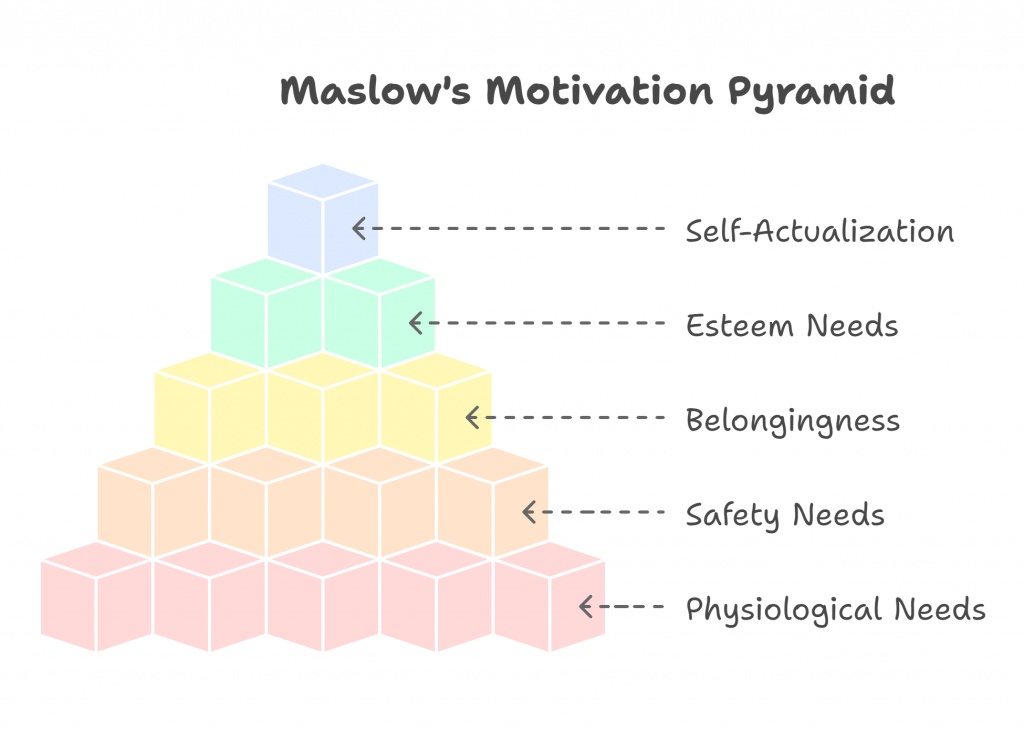Unlocking the secrets of consumer behavior can transform how businesses approach sales strategies. Understanding why people buy is not just an art, but a science rooted in psychology. In this article, we’ll dive deep into consumer motivations, the power of social proof, the urgency of scarcity, and effective calls to action. By applying these principles, you’ll have the tools to influence your audience and boost conversions. 🚀
Understanding Consumer Motivations
Maslow’s Hierarchy of Needs and Purchasing Decisions 📊

Consumers have different needs, ranked from basic to complex. Maslow’s Hierarchy outlines these needs:
- Physiological: Basic requirements like food and water.
- Safety: Security in health and finances.
- Love/Belonging: Connection with others.
- Esteem: Recognition and respect.
- Self-Actualization: Achieving personal potential.
By addressing these needs in your marketing, you can tailor your approach to resonate deeply with your audience. For instance, a brand selling eco-friendly products might appeal to a consumer’s self-actualization need, while a security software company targets the safety need. 🌱🛡️
The Role of Emotions in the Buying Process 💭❤️
Emotions play a vital role in purchasing decisions. A consumer’s decision is often driven more by feelings than logic. For example, an ad that evokes happiness might prompt a quicker purchase than one that just lists features. People buy based on how they feel about a product, brand, or service.
Identifying Your Target Audience’s Motivations 🔍
Understanding who your audience is and what drives them is key. Utilize surveys and analytics to gather insights about their preferences, pain points, and aspirations. This allows you to craft targeted messages that speak directly to their desires. 👥💡
The Influence of Social Proof and Authority
The Power of Testimonials and Reviews 🌟
Positive reviews and testimonials can significantly sway buying decisions. When potential buyers see that others have had positive experiences, it boosts trust and credibility. Displaying these on your e-commerce site enhances your authority and reduces buyer hesitation. 🌍🛒
Leveraging Expert Opinions and Endorsements 💼🧑🏫
Consumers trust expert voices. Research shows that 70% of people feel more confident purchasing a product when it’s endorsed by an expert. Make sure to use industry leaders or influencers to amplify your brand’s message. 🧑🔬🌟
The Bandwagon Effect and its Impact on Sales 🏃♂️
The bandwagon effect is powerful in driving sales. This psychological phenomenon occurs when people adopt behaviors or make decisions because others are doing it. If your product has strong social validation (reviews, testimonials, etc.), it’ll be more likely to attract more buyers. 👯♀️📈
Utilizing Scarcity and Urgency

Creating a Sense of Scarcity Through Limited Availability ⏳
Scarcity is a powerful motivator. When a product is limited, it often triggers fear of missing out (FOMO). Limited-edition products or “only X left in stock” messages can increase urgency and motivate consumers to act quickly. ⚡📦
Using Urgency to Drive Immediate Action ⚠️
Urgency significantly impacts buying behavior. A study found that using urgency tactics (like limited-time offers) can improve conversion rates by up to 30%. Urgency prompts quick decisions, and the fear of missing out on a deal can drive more sales.
Ethical Considerations: Avoiding Deceptive Scarcity Tactics 🚫
Be careful not to overdo scarcity tactics. Misleading tactics can backfire and damage customer trust in the long term. Ethical scarcity—like promoting truly limited-time sales or exclusive offers—ensures long-term loyalty. 🤝🔒
Crafting Compelling Calls to Action (CTAs)
The Importance of Clear and Concise CTAs 📝
Your call to action (CTA) should be straightforward. Phrases like “Buy Now” or “Sign Up Today” create clear next steps and reduce decision fatigue. The simpler and more direct, the better! 🛒✅
Designing Visually Appealing CTAs 🎨
A well-designed CTA catches attention. Use contrasting colors, bold fonts, and compelling text to make it stand out. The right CTA button is like a traffic light: it tells users when to go. 🚦👀
A/B Testing Different CTA Variations 🔬
Experiment with variations of your CTA to see what works best. Test different button colors, wording, and placements to see which combination leads to higher conversions. This data-driven approach is crucial in optimizing your sales funnel. 📊🔄
Leveraging Cognitive Biases
Anchoring Bias and Pricing Strategies 💸
One powerful cognitive bias in pricing is anchoring. Introducing a higher price first makes a subsequent lower price seem like a great deal. This bias helps shape the perceived value of your offering. 🏷️💰
Loss Aversion and Framing Effects ⚖️
People tend to prefer avoiding losses over acquiring gains. Frame your offers in a way that highlights what users might miss out on (e.g., “Only 3 left!” or “Don’t miss out on this limited offer!”) to tap into loss aversion and drive conversions. 🏃♀️💨
The Power of Framing and Positive Language 🌟
The way you present information can significantly influence perceptions. Positive language that highlights benefits (e.g., “Save time” vs. “Avoid wasting time”) can increase customer interest and create a more compelling offer. 🗣️✨
Conclusion: Putting Psychology into Practice for Higher Conversions 🚀
Key Takeaways and Actionable Steps 🔑

- Understand your audience’s needs and emotions.
- Use social proof to enhance credibility.
- Create a sense of urgency and scarcity ethically.
- Craft clear CTAs and test variations.
Implementing these psychological strategies can lead to increased conversions and stronger customer relationships. By learning the fundamentals of consumer psychology, businesses can build tailored approaches that resonate with their audience, leading to long-term success. 📈🤝
The Long-Term Benefits of Understanding Consumer Psychology 🏆
Investing time in understanding consumer behavior pays off. It allows businesses to adapt, innovate, and maintain a competitive edge in changing markets. The insights gained will help businesses grow sustainably and build lasting customer loyalty.
Resources for Further Learning 📚
To dive deeper into this subject, consider reading books like “Thinking, Fast and Slow” by Daniel Kahneman or “Influence: The Psychology of Persuasion” by Robert Cialdini. Online courses and webinars can also provide valuable insights into consumer psychology and marketing strategies. 🌍📖
Affiliate Disclaimer: This post contains affiliate links, which means I may earn a commission if you make a purchase through these links at no extra cost to you. Your support helps me continue creating valuable content! Thank you! 🙏
P.S. NO EXPERIENCE NECESSARY.
We *want* newbies. Don’t know how to build a website? NO PROBLEM!
Don’t know how to advertise? NO PROBLEM! We will build your site and teach you how to succeed online! Visit the link below for details:
https://www.howtoquitthedayjob.com/free-website/



Comments are closed.